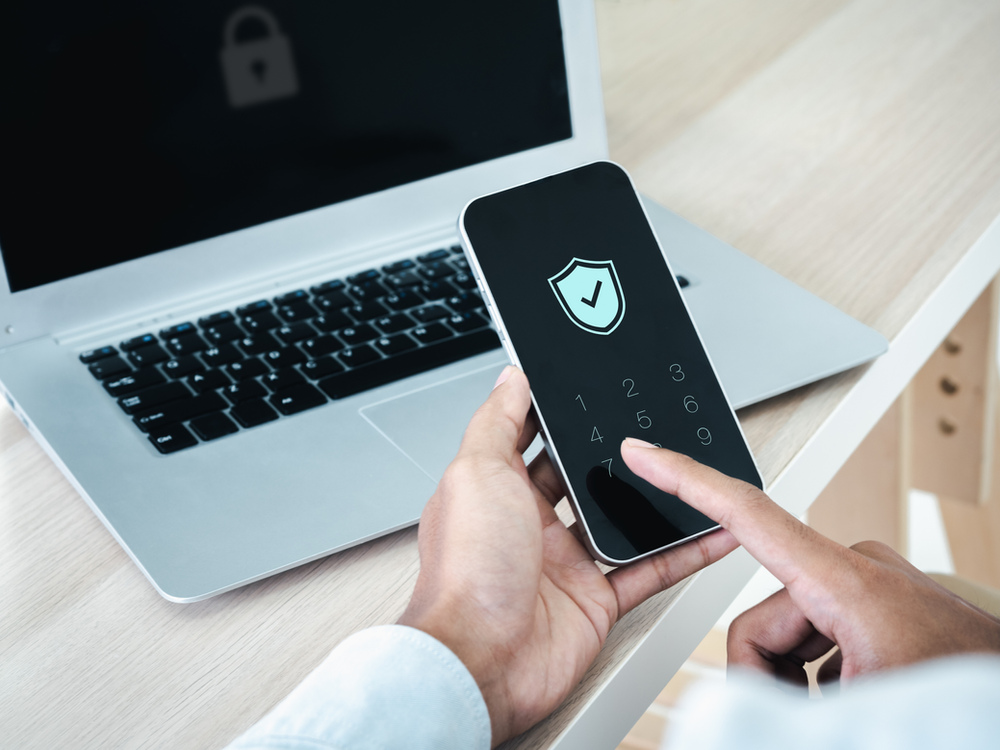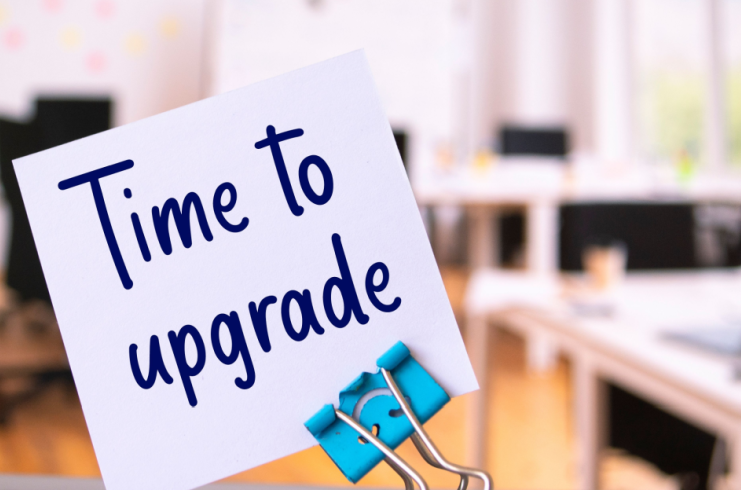BLOG
Cybersecurity Basics: The Essentials of Multi-Factor Authentication

With cybercrime becoming one of the biggest news factors of 2023, it’s becoming more and more important for your company to take the smaller extra steps to gain as many layers of cybersecurity defense as possible. One of the most often underestimated but impactful additions to your defensive repertoire is actually already used by many websites and banking institutions: multi-factor authentication (MFA).
While having another layer to your log-in process may seem like a frustrating extra step to access your accounts, that is precisely why it’s so useful. With multi-factor authentication, part of the logging-in process includes pulling out your phone to access a passcode to enter at the access point or to click an ‘approve’ button for log-in requests.
Multi-factor authentication is almost universally suggested as a main defense against data compromisation in the health, legal, and finance sectors of business. Not only is this single extra step enough to deter most surface-level cyber-criminal attempts at accessing your data by preventing password-guessing, it’s also your first sign that there is suspicious activity taking place on an already-compromised account.
When someone enters your details from anywhere else, the push notification to the application you use for MFA sends your mobile device then acts as a warning that someone is trying to get into your account. This push notification is also usually accompanied by the location of the sign-in attempt to raise suspicion if it’s from an unfamiliar location. This both allows you to reject the attempt to refuse them entry, and to have a heads-up that it’s time to change your password to something more secure.
Many companies like Microsoft have built-in authenticators or external apps that function as that extra layer of password protection on your phone, but did you know that it’s also possible to add MFA to your Remote Desktop Gateways, VPNs, SSLs, Password Managers, and any other SAML application? Many businesses don’t realize the key security flaws in leaving these points of access unprotected–and how much damage can be done when a malicious entity gets access to them.
If you’re interested in adding this critical security feature to your internal infrastructure, contact 10-100 Consultancy at 01908 087 000 or email sales@10-100.co.uk. Our experienced technicians are able to fully integrate a suggested, easily maintained access security product that will suit your business needs after our Sales team provides you with a detailed breakdown of where your systems may need to be reinforced with MFA.


